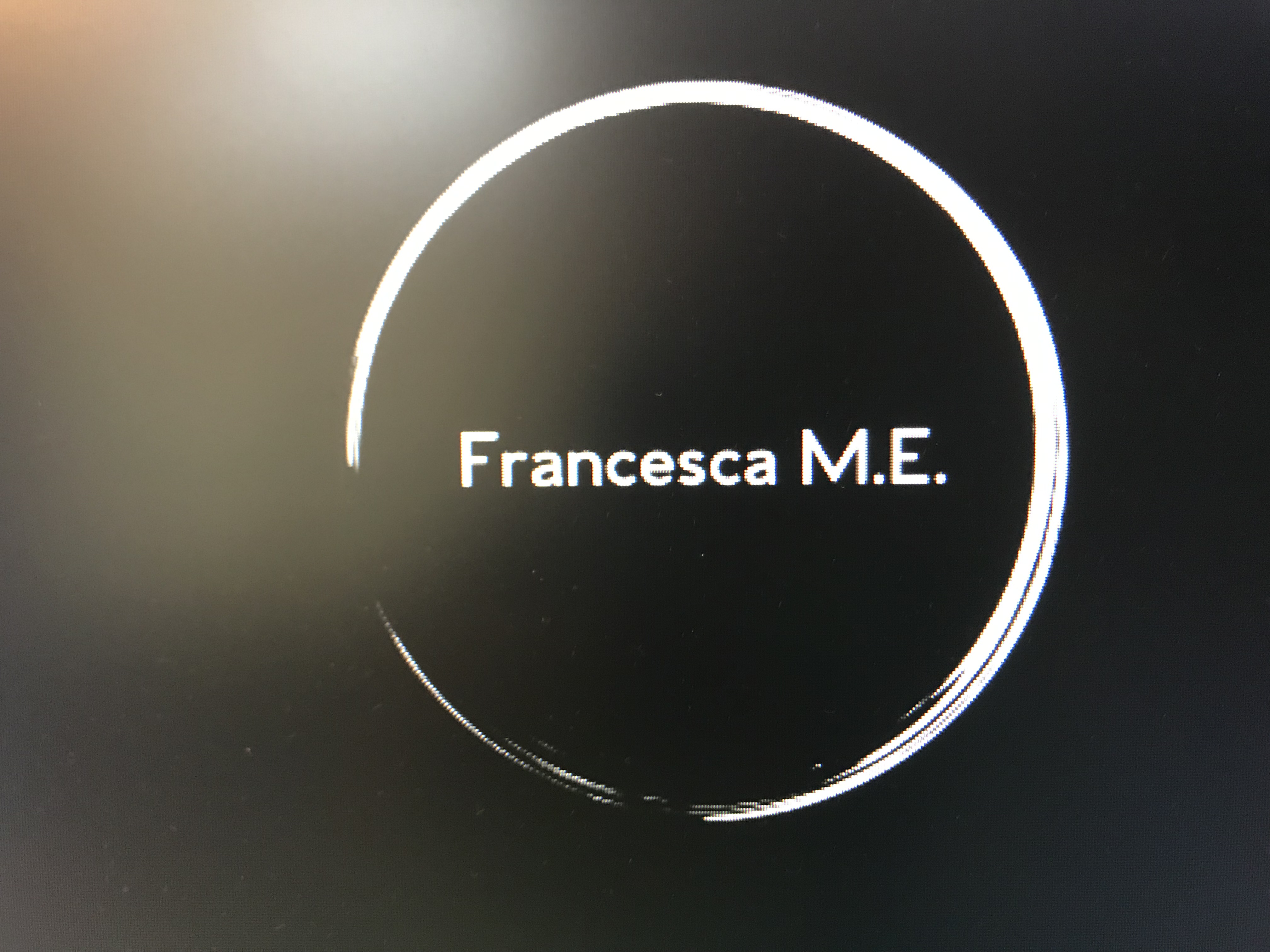Did You Know No Is a Sentence?
Years ago, I was fighting for boundaries. It felt like an enemy army was attacking me, using all it had to break down my defenses. And it worked! I was in a pinball machine bouncing from one thing to the next. Oh, you need help with your computer? Sure. You need someone to bake a cake? No problem. Does this need my attention right now, even though it’s not helping me get closer to my goals? Of course!
That was me. The patsy. The stooge. The people pleaser.
Or was I?
Maybe I chose to do those things out of genuine love and acted in a way that I wanted to be treated. Or maybe I felt like I had to do those things in case I needed help someday and believed that someone would be there for me to reciprocate the kindness and generosity. But I lived and learned like we all do, and I realized I was a people-pleaser. I did not want to rock the boat, and I got exploited a lot. Was someone else entirely to blame?

No.
I’ve been doing a lot of self-work these last few years and now understand why I’ve acted a certain way. Someone told me that the word “no” is a sentence. When I first heard that, I could not picture myself saying just the word “no” as an answer. But, truth be told, I couldn’t say no with an explanation either. Essentially, I denied my feelings so someone else could be happy. That’s what we’re doing if we can’t say no when we want to say no.
No is a sentence.
It can help us feel empowered to know we can say no whenever we want. However, when I got healthier, and created better boundaries, and knew it was okay to say no, I didn’t just blurt “no” out of my mouth. It was, “No, sorry, I can’t. I have x, y, and z to do.” It was too difficult to stop at “no?” And it’s not just me who has trouble answering with just the word “no.”
If someone said just “no” to me, I would be put off and think that’s a bit gruff. Why? Because it’s been ingrained in most of us that it’s rude to answer that way. Right? It’s not something we hear often from others without an explanation. Plus, toddlers do that.

I needed to solve this dilemma, and what better way to do so than by sharing my thoughts?
Here’s what I know:
- We teach people how to treat us.
- Own and honor our feelings and communicate them.
- Take responsibility for our actions and try to stay in the present moment to make conscious choices.
- Boundaries are necessary for a happy, healthy-thinking life.
- It is one thousand percent okay to do what you want to do (as long as it’s not illegal, immoral, or evil.)
- Be more concerned with disappointing yourself than disappointing someone else.
- And we need to sit with the discomfort until it passes. And it always passes.
Having this information (tools) in our arsenal can guide us through life pretty well, but we need to execute them to help change our lives for the better—to a life where we wake up happy every single day.
I believe we all want happiness. We all want to feel good inside. Some of us don’t know how, and that’s okay. That’s why I’m writing these blog posts and sharing valuable stuff that can help anyone live a great life.

And I have to state I’m not advocating that we all walk around saying, “No!” to everyone like spoiled children. This post is for those of us non-assertive folks who feel we’re getting gypped and hurt in life because we don’t courageously say “no” more to the things and actions we do out of guilt or obligation that don’t bring us joy.
Life is meant to be a beautiful experience, and as intelligent beings, we can override past messaging and get our lives back on that track.
Ask yourself, what is important to you? Then, let the answer be your guiding force.
Thank you for reading this. I hope my ideas are helpful to you. Let me know in the comments if you say “yes” when you want to say “no.”
To saying no,
Francesca
